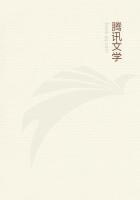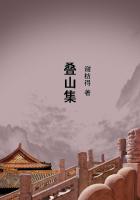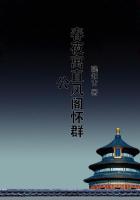You want to know why I am so fond of that little bit of limestone, no bigger than my hand, which lies upon the shelf; why I ponder over it so often, and show it to all sensible people who come to see me?
I do so, not only for the sake of the person who gave it to me, but because there is written on it a letter out of Madam How's alphabet, which has taken wise men many a year to decipher. I could not decipher that letter when first I saw the stone. More shame for me, for I had seen it often before, and understood it well enough, in many another page of Madam How's great book. Take the stone, and see if you can find out anything strange about it.
Well, it is only a bit of marble as big as my hand, that looks as if it had been, and really has been, broken off by a hammer. But when you look again, you see there is a smooth scraped part on one edge, that seems to have been rubbed against a stone.
Now look at that rubbed part, and tell me how it was done.
You have seen men often polish one stone on another, or scour floors with a Bath brick, and you will guess at first that this was polished so: but if it had been, then the rubbed place would have been flat: but if you put your fingers over it, you will find that it is not flat. It is rolled, fluted, channelled, so that the thing or things which rubbed it must have been somewhat round. And it is covered, too, with very fine and smooth scratches or grooves, all running over the whole in the same line.
Now what could have done that?
Of course a man could have done it, if he had taken a large round stone in his hand, and worked the large channellings with that, and then had taken fine sand and gravel upon the points of his fingers, and worked the small scratches with that. But this stone came from a place where man had, perhaps, never stood before,--ay, which, perhaps, had never seen the light of day before since the world was made; and as I happen to know that no man made the marks upon that stone, we must set to work and think again for some tool of Madam How's which may have made them.
And now I think you must give up guessing, and I must tell you the answer to the riddle. Those marks were made by a hand which is strong and yet gentle, tough and yet yielding, like the hand of a man; a hand which handles and uses in a grip stronger than a giant's its own carving tools, from the great boulder stone as large as this whole room to the finest grain of sand. And that is ICE.
That piece of stone came from the side of the Rosenlaui glacier in Switzerland, and it was polished by the glacier ice. The glacier melted and shrank this last hot summer farther back than it had done for many years, and left bare sheets of rock, which it had been scraping at for ages, with all the marks fresh upon them.
And that bit was broken off and brought to me, who never saw a glacier myself, to show me how the marks which the ice makes in Switzerland are exactly the same as those which the ice has made in Snowdon and in the Highlands, and many another place where I have traced them, and written a little, too, about them in years gone by. And so I treasure this, as a sign that Madam How's ways do not change nor her laws become broken; that, as that great philosopher Sir Charles Lyell will tell you, when you read his books, Madam How is ****** and unmaking the surface of the earth now, by exactly the same means as she was ****** and unmaking ages and ages since; and that what is going on slowly and surely in the Alps in Switzerland was going on once here where we stand.

